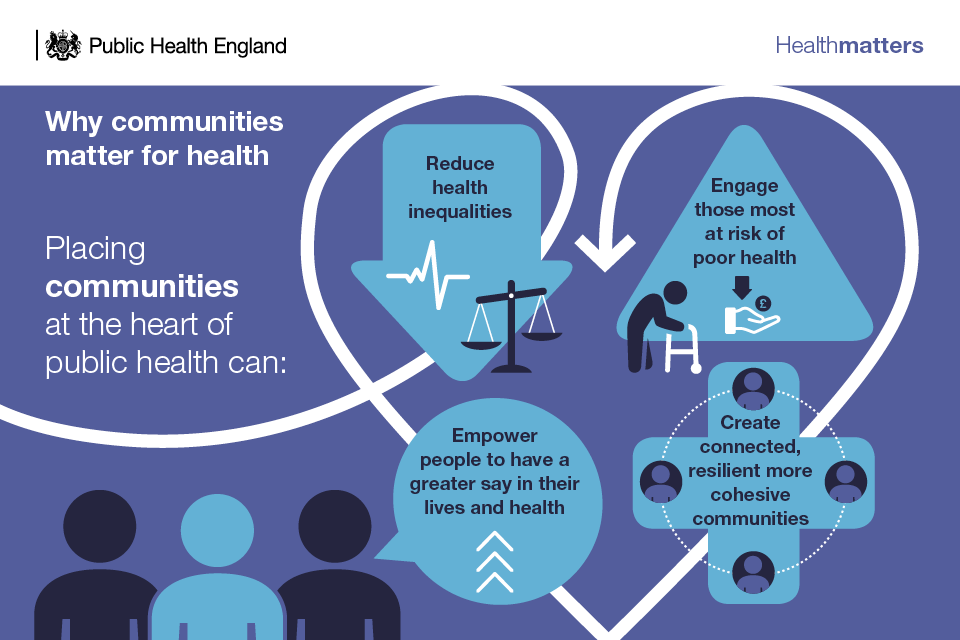
One of the key findings of the review of sexual health commissioning that PHE published last August was that commissioners wanted further guidance on strategic planning and assessing need, designing and delivering interventions and monitoring and evaluation. So this week, PHE has published a new sexual health commissioning guidance page that brings together in one place a wide range of existing resources.
This is the first in a series of blogs that explores each stage of the sexual health commissioning cycle, highlighting factors to consider and some new resources that have been produced to support the process.
Assessing need, targeting interventions, improving outcomes
Commissioning is about much more than procurement and it is essential that we give equal attention to all stages of the cycle.
At its core, the commissioning approach is about assessing and understanding population need, planning and targeting interventions accordingly, with the aim of improving outcomes. These key principles stand regardless of the organisational structures in place and the operational mechanisms we have at our disposal.
Indeed, as we move to larger scale, longer term contracting arrangements as part of accountable or integrated care, ensuring we invest time and energy in understanding and planning for our population need will become all the more important.
Need for a whole system approach
The context in which we are operating is changing rapidly with Sustainability and Transformation Partnerships (STPs), the development of accountable and integrated care and devolution agreements where local stakeholders are coming together to develop place based solutions.
Given the shared commissioning responsibility for sexual health across local authorities, CCGs and NHS England it has always been important for stakeholders to come together to develop local solutions putting people at the centre of commissioning decisions.
The three commissioning bodies need to work collaboratively with one another to map patient pathways and together plan services accordingly. Each organisation needs to discuss their commissioning plans at as early a stage as possible with other commissioners to identify and mitigate risks to services that they may not commission, but which their decisions will have an impact on.
As well as working with other commissioning bodies, it is equally important we work with others who are key partners and will provide valuable expertise and perspective – in particular, patients, local communities, providers including third sector bodies and clinicians. Effective and meaningful stakeholder engagement is essential when planning services and interventions; both in terms of informing the process and to ensure we take people with us through any change that follows.
There is extensive literature on community engagement and teams within local authorities, NHS and other organisations will have considerable experience of engaging with the local community. It’s important we don’t reinvent the wheel and use existing mechanisms wherever appropriate. What is important is being clear on why we are engaging, who we want to engage with, and what it is we want to engage on. Sometimes it’s important to engage with a particular community to explore their sexual health needs in more detail. This may be a community that is known to be in greater need, or a community that has not previously engaged with services.
Taking an asset based approach
Whilst previously mapping of existing services to inform a health needs assessment has largely focussed on publically commissioned services, we now need to think more widely and take an asset based approach that involves the community.

Public services are increasingly being seen as a steward of local systems, rather than simply purchasers of services and we need to think creatively about how to build on the assets within our communities. We know from the National Survey of Sexual Attitudes and Lifestyles (NATSAL) that after lessons at school; friends, first sexual partner, parents and the media were the main sources of information about sex when young people are growing up. We need to think about how we use these community assets to best effect. Likewise, we need to think about who it is within a community that people respect and listen to, be it vloggers, such as in the Rise Above Campaign or faith leaders, and use the credibility and respect they have to reach people we might otherwise struggle to engage with.
Taking an asset based approach not only opens up a much wider range of assets that we can draw on, but also helps shift from a ‘doing to’ approach to a ‘doing with’ approach which can support self-management.
Evidence based decision making
Commissioning of sexual health, reproductive health and HIV services is not an exact science; and it is not appropriate or possible to produce a tool that we put variables in to, for it to produce ‘the answer’.
Decisions about services and interventions for the local population need to be intelligent, informed decisions. The good news is that there is a wealth of information and intelligence to inform those decisions; and we hope the new guidance page of existing resources will assist in this process. But ultimately it is a judgment that will need to be made, based on the evidence available at the time; and importantly, based on knowledge of the local population.
